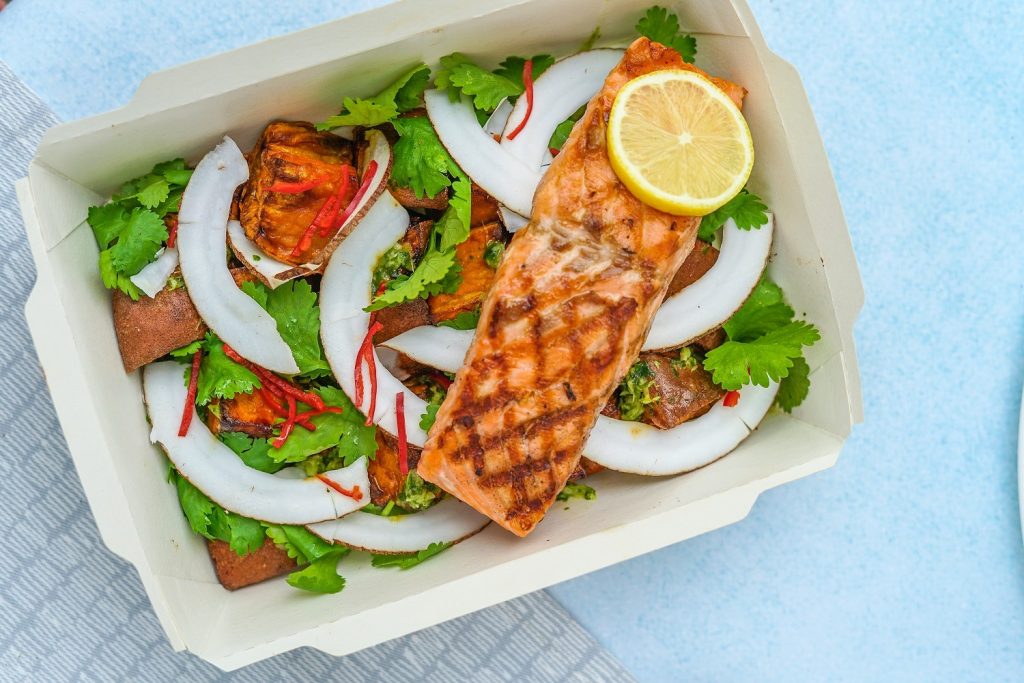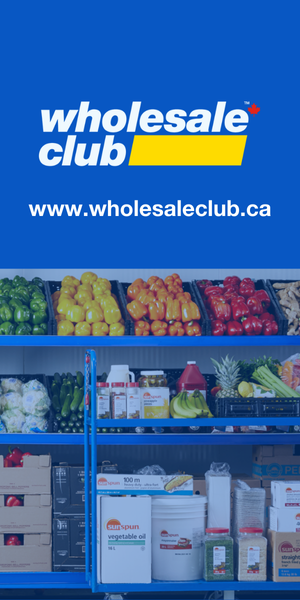The Pandemic Effect: Economic Outlook on Issues Affecting You
The COVID-19 pandemic has had a significant impact on the food industry, resulting in 10,000 restaurants already permanently closing their doors since the start of the pandemic. With help from the FCC, MENU is exploring the effect the pandemic has had on the industry from supply chain to upcoming trends.
FCC is a financially self-sustaining Canadian federal Crown corporation. FCC’s lends money and provides other services to food and beverage processors, equipment manufacturers, logistic providers, and businesses that provide inputs or enhance the Canadian food and beverage industries, they are the only lender 100% invested in Canadian food.
A domino effect of the impact of COVID-19 is a loss of jobs which impacts the suppliers. If there is a disruption in the supply chain at the processing level, where a plant shuts down or reduces production because of higher costs or COVID outbreaks, this affects the next in line points out Gervais. “The support we’re offering at this time for suppliers can help keep the industry afloat,” explains J.P. Gervais, VP & Chief Economist at FCC.
The food industry also saw a shift in the types of products restaurants were using, specifically frozen versus fresh. Chris Elliott, Senior Economist at Restaurants Canada indicates that at the height of the pandemic, everyone was cautious about picking their ingredients. The quality remained an important factor, however, they also had to think of what happens when they are suddenly told they have to close.
Restaurants have also rethought their menus, where, according to this year’s Chef Survey, 6 in 10 have reduced the number of items offered and 4 in 10 have said that they will continue with a shorter menu after restaurants are allowed to open. This gives restaurants an opportunity to focus on what they are offering and form relationships with local farms and processors to source specific products. Elliott emphasizes that, “restaurants want to support local suppliers and they can support each other to get out of this situation.”
A great example of this is Fallentimber Meadery, who has been working with FCC since its start and has benefitted from their relationship during COVID. FCC was instrumental in helping to market and promote their business which is important especially now where more and more people are looking to support local businesses. As Dan Molyneau, Marketing & Business Development Manager, points out, “these initiatives will continue to provide extended value beyond lending capacities.”

What will happen when restaurants open? According to Gervais, we are looking at what is known as a K-type economic recovery where some businesses are doing well and others, like restaurants, have been impacted hard. Gervais also points out there is “strong pent-up demand” on the sidelines and people will want to go out and have get-togethers and spend this money. Currently, in Q1 of 2021, full-service restaurants are down by 40% compared to the same period in 2019 and by Q4 of 2021, sales are expected to be down to 15%. As the third quarter approaches with warmer weather, restaurants will look to patio season and possibly extend it well into early winter if they are capable.
There will be a spike in recovery in food service in 2022 but there is work that needs to be done in order to get to this point. Restaurants will inevitably increase prices gradually, as much as 3 to 3.5% in 2021 to compensate for increased food costs, minimum wage increasing in some provinces, and hiring of extra people for the sole purpose of cleaning.
A source that unexpectedly flourished for restaurants is the grocery aspect. This is a trend that will remain as 70% of restaurants indicated that it did as well or better than expected and the majority will keep offering this to clients. This ties into the relationships between suppliers and restaurants and painting a story for the end-user. Transparency will increase as people are curious to know where the food came from, how it was grown, and so on. Along with the local suppliers, the trend globally of more deals including agriculture and food will introduce new products which will help restaurants who trim down their menus to offer quality over quantity.

A long-time FCC partner, King Cole Ducks, says, “We have the support of an organization that understands our business, customer base, and the impact mother nature can have on operations,” says Craig Thompson, President of The Tangerine Group.
During COVID, FCC invited King Cole Ducks to participate virtually in the RC Show. In doing so, they were able to reach a large audience and let people know they were ready to build a relationship and were “ready to work with them on the road to recovery.”
And this is something that the industry has seen since the start of the pandemic and will continue long after it is over, where relationships have been formed where the source and the end result support one another. Another long-time partner of FCC, Black Fox Farm, and Distillery, echoes this sentiment. Barb Stefanyshyn-Cote, Co-founder of Black Fox Farm and Distillery, says “it allowed us to introduce our spirits to an interested demographic and reach a cross-country audience.”
During the pandemic, people looked towards comfort foods. And though healthier eating habits have always been on people’s minds, once people can go out and sit down to a meal with friends, they may want more adventurous options and some indulgence as a treat!
Things look positive, though it will take time to bounce back and both Gervais and Elliott agree that “the pandemic brought all areas of the food industry together and this is a trend that will last after the pandemic.









